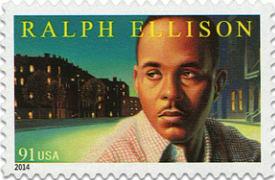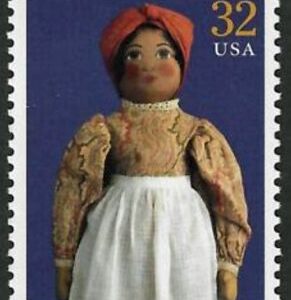Description
Ralph Ellison was an American novelist, literary critic, and scholar born on March 1, 1913, in Oklahoma City, Oklahoma. He is best known for his novel “Invisible Man,” which won the National Book Award in 1953.
Ellison attended Tuskegee Institute, where he was introduced to the works of African-American writers and artists such as Langston Hughes and Alain Locke. After Tuskegee, Ellison moved to New York City, where he became involved in the Harlem Renaissance and wrote essays and book reviews for various publications.
Ellison’s most famous work, “Invisible Man,” is a complex and powerful exploration of race and identity in America. The novel tells the story of an unnamed African-American narrator who navigates the complexities of the social and political landscape of mid-20th-century America. The novel is notable for its vivid imagery and inventive use of language, as well as its exploration of themes such as invisibility, identity, and power.
Ellison’s literary work was deeply influenced by his experiences as an African-American in the United States, as well as by his study of music and art. He was also a dedicated teacher and mentor, serving as a professor of English at New York University and lecturing at various universities and institutions throughout his career.
In 2014, the United States Postal Service issued a commemorative stamp featuring Ellison as part of its “Literary Arts” series. The stamp features a portrait of Ellison against a background of the New York City skyline, with the title of his most famous work, “Invisible Man,” prominently displayed. The stamp serves as a tribute to Ellison’s contributions to American literature and his enduring legacy as a writer and intellectual.





Reviews
There are no reviews yet.